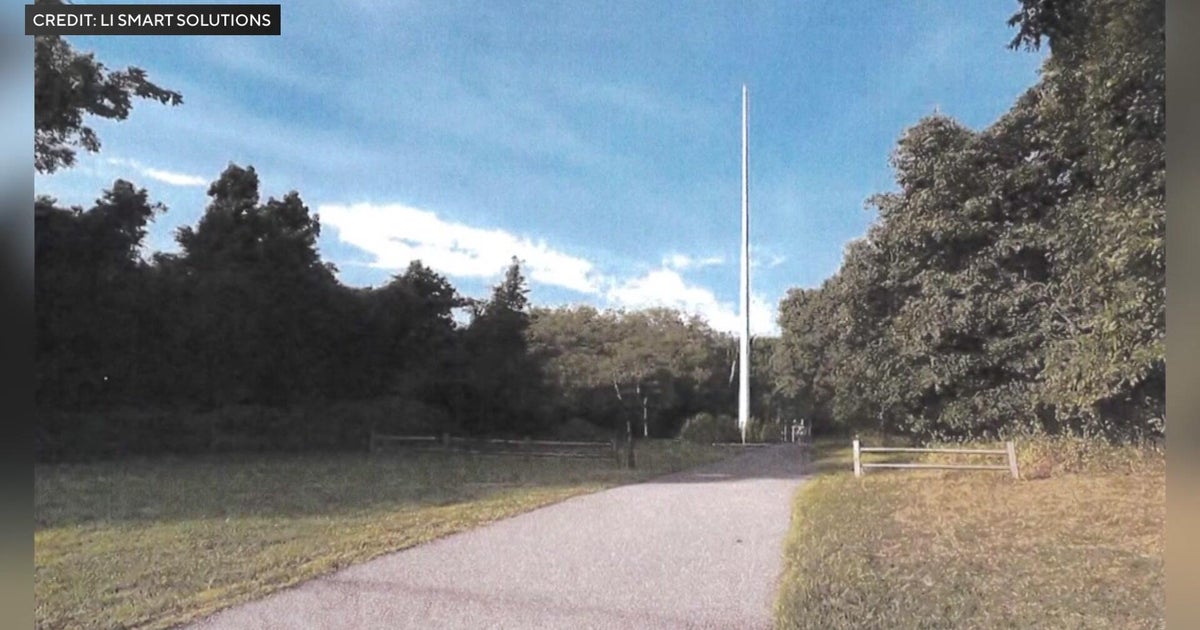Zapping Nerves Helps Control High Blood Pressure
CHICAGO (AP) - Some people who couldn't get their blood pressure under control despite taking a fistful of pills every day found relief from an experimental treatment that shows promise as a permanent fix for the condition.
The treatment uses radio waves to zap nerves near the kidneys that fuel high blood pressure. It is done through a tube pushed into a blood vessel in the groin, much like the angioplasty procedures for opening clogged heart arteries.
In a study of about 100 people, the top number of the blood pressure reading fell an average of 33 points among those who had the treatment. Doctors say that is much better than the less-than-10-point drop that many drugs give.
"I am extremely interested in this," said Dr. Elliott Antman, a Brigham and Women's Hospital cardiologist who is vice chairman of the American Heart Association conference in Chicago, where study results were reported on Wednesday.
Even if the treatment doesn't cure someone and is only partly successful, that's still beneficial because these people are at grave risk of heart attacks, strokes and death, and drugs are not helping them enough now, he said.
The fact the treatment also improves blood-sugar control makes it especially attractive for diabetics with high blood pressure. "This opens up a dramatic new option for them," Antman said.
About 75 million Americans and 1 billion people worldwide have high blood pressure -- readings of 140 over 90 or more. Most people need three or four drugs to treat it, and only about one-third are well-controlled on medicines. About 10 percent are unable to achieve control despite taking many drugs that relax the blood vessels and prevent water and salt retention.
The new treatment damages certain nerves and cause key arteries to permanently relax. It is being developed by Ardian Inc., a private company based in Mountain View, Calif., whose investors include medical device giant Medtronic Inc. It's already available in Europe and costs about $12,000.
Dr. Murray Esler of Baker IDI Heart and Diabetes Institute in Melbourne, Australia, led a company-sponsored test of it in 106 people whose blood pressure top number averaged 178 despite taking an average of five drugs.
After six months, about 39 percent of those treated had blood pressure below the 140 threshold for defining the condition.
Results also were published online by the British journal Lancet.
"It seems too good to be true" that a procedure might cure high blood pressure, something doctors have long hoped for, said Dr. Mariell Jessup, head of the heart failure center at the University of Pennsylvania chair of the heart conference. Patients need to be followed for a long time to make sure the benefits last, she said.
They have so far for Dorian Blair, 37, a father of five who lives in Cleveland. Blair has a strong family history of high blood pressure, and said he has suffered five heart attacks and mini-strokes in the last five years or so. His blood pressure was in the 180 to 190 range, occasionally topping 200, when he had the nerve-zapping treatment last December. That number now is around 140, "which is pretty good for me," he said.
"It was a simple procedure. I was up and walking around a day later."
(© Copyright 2010 The Associated Press. All Rights Reserved. This material may not be published, broadcast, rewritten or redistributed.)







